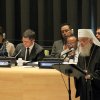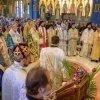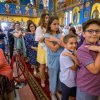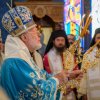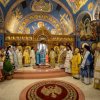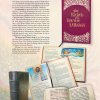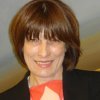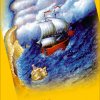The Culture of Peace and Our Responsibility
An address at the United Nations in New York on September 6, 2013
Serbian Patriarch Irinej
His Holiness Serbian Patriarch Irinej traveled to the United States September 4–14, 2015. The main purpose of his visit was to address a high-level “Forum on the Culture of Peace” held at the United Nations in New York on September 6. He was invited to speak at the Forum by former Serbian Foreign Minister Vuk Jeremić, who at that time was the President of the UN General Assembly. The Forum was a one day event offering an opportunity for UN member states, political, and religious leaders, as well as non-governmental organizations to consider how to improve tolerance, a culture of dialogue, and mutual respect in the international community. He was joined in addressing the Forum by representatives of the Islamic and Jewish faith communities.
